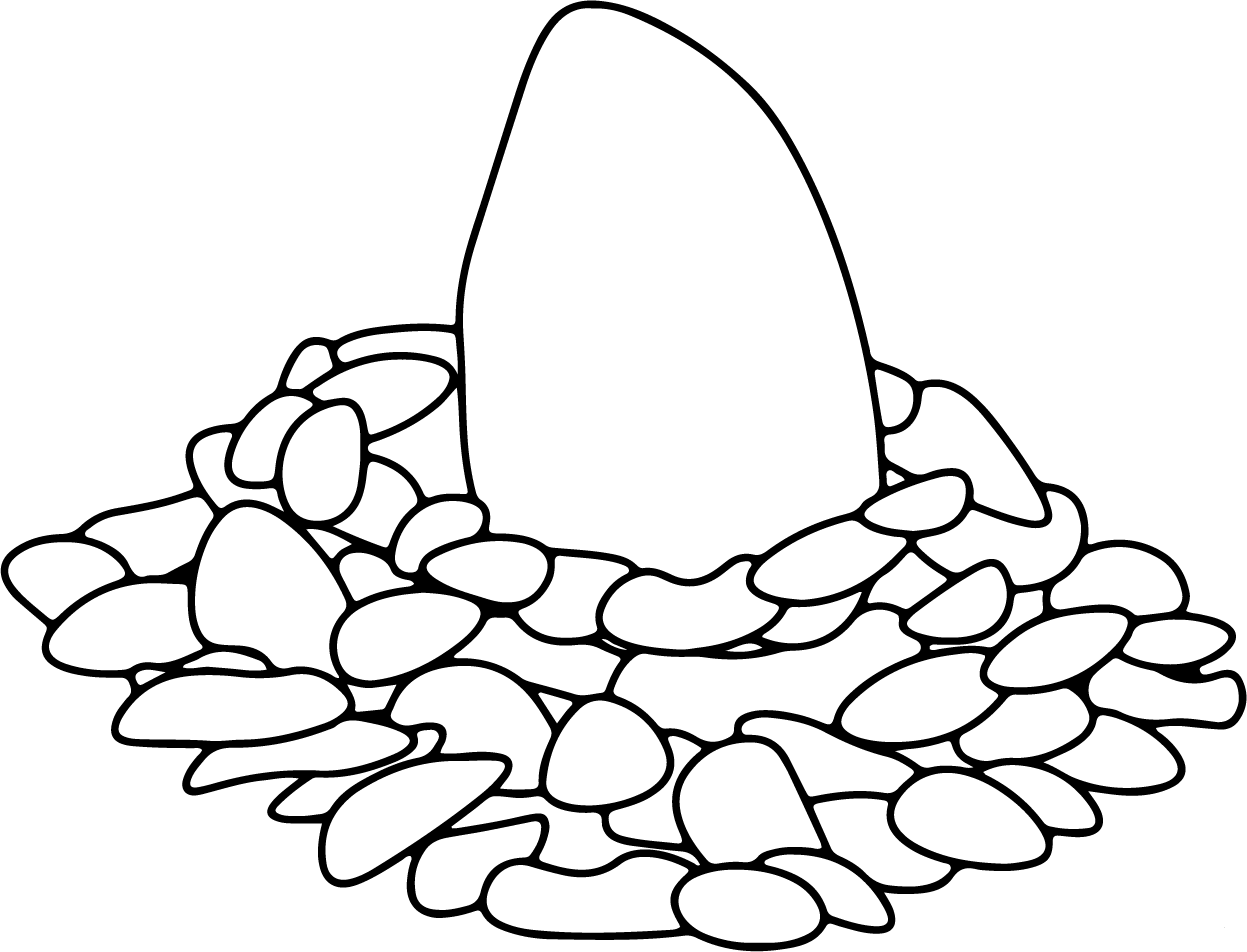Diapause (2020)
Deirdre Keough
for the Institute of Queer Ecology
Produced for ICA Miami’s Digital Commission Series
With Diapause, the Institute of Queer Ecology (IQECO) punctuates an eerily familiar landscape of deserted office spaces with moments of touch, apparitions of moths, and other coded references. The work, authored by Deirdre Keough for IQECO, takes its title from a biological phenomenon describing a temporary pause in the development of an organism, due to adverse environmental factors.
What forms can queer and trans people inhabit as they navigate everyday crises while remaining critical of "visibility" as a liberating concept? Throughout the work, irradiant renderings of peppered moths gather in swarms, as Keough invokes the strategy of “passing” through the figure of an organism whose recent evolutionary history is a direct result of industrial pollution; Darker morphs of the species survived in larger numbers by blending in with soot-covered trees.
The idea of diapause as a contemporary condition takes on new meaning with the world cocooned at home, waiting to emerge into a new form that our actions now will shape. As COVID-19 and climate change reveal the structural inadequacies and systemic biases of our public support systems, Keough speculates that this breakdown can be a generative place and brings the idea of transformational change back to the body. They call for us to not piece ourselves back together too quickly only to find we have rebuilt what we wanted to stay broken.
Diapause is a work by Deirdre Keough produced by Lee Pivnik for the Institute of Queer Ecology, scored by Kara Holder and Ilya K with 3D animation by Sam Balfus and Deirdre Keough. IQECO is a collaborative organism that seeks to imagine and realize an equitable multispecies future. Through curation and production IQECO lays the groundwork for a (bio)diverse utopia.
ICA Miami’s Digital Commissions series is made possible by the Knight Foundation and expands the museum’s commitment to fostering artistic experimentation and commissioning new works, as well as engaging audiences with innovative artistic voices.
